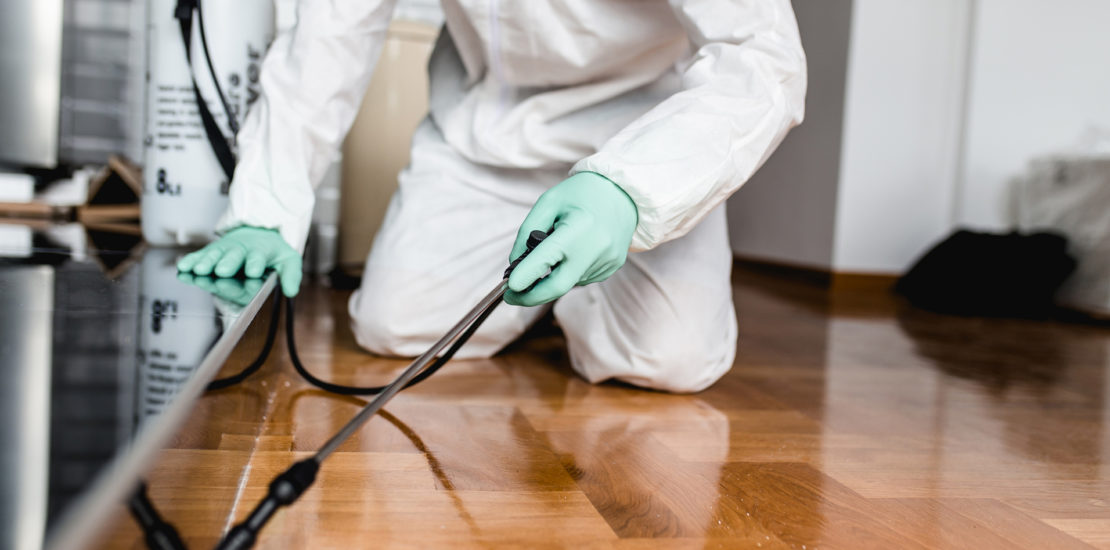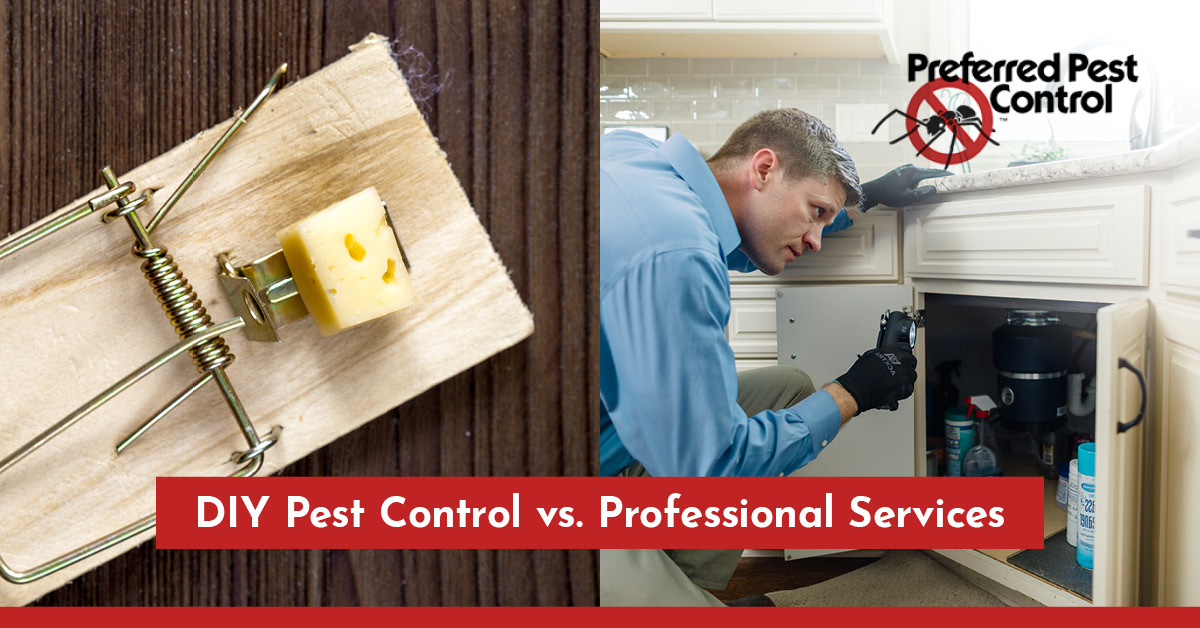Understanding the Various Methods to Pest Control: A Comprehensive Guide

All-natural Bug Control Approaches
Utilizing green methods such as companion planting and biological parasite control is crucial for effectively handling parasites in farming setups. Friend planting involves expanding various plants in distance to hinder pests, enhance nutrient uptake, and enhance total plant health and wellness.
Biological insect control involves introducing natural predators or microorganisms to manage pest populations. Ladybugs, for example, feed upon aphids, controlling their numbers without the need for chemical pesticides. An additional instance is using Bacillus thuringiensis (Bt), a germs that targets specific insect pests while being safe to humans, pets, and useful pests.
These green techniques not only minimize the reliance on artificial pesticides yet likewise aid preserve biodiversity and dirt wellness. By integrating all-natural parasite control techniques into agricultural practices, farmers can attain lasting pest management while reducing negative influence on the setting.

Chemical Bug Control Solutions
Along with all-natural parasite control techniques, the application of chemical parasite control options plays a substantial role in effectively taking care of pest populations in agricultural settings. Chemical pest control options are formulated to target certain pests that may create extensive damage to plants. These solutions often include artificial chemicals that are made to eliminate parasites swiftly and efficiently.
Among the essential advantages of chemical insect control remedies is their effectiveness in controlling parasite infestations widespread. Farmers can apply these solutions making use of different methods such as spraying, airing out, or seed therapy to shield their plants from unsafe bugs, weeds, and diseases. In addition, chemical insect control options are fairly simple to use and can supply quick outcomes, aiding farmers secure their returns and minimize financial losses.
Nevertheless, it is important to make use of chemical pest control remedies carefully to minimize possible adverse impacts on the atmosphere, non-target microorganisms, and human health. Correct application strategies, adherence to safety and security guidelines, and routine surveillance are crucial to guarantee the accountable usage of chemical insect control options in farming techniques.
Organic Insect Control Approaches
Biological pest control comes close to take advantage of all-natural killers or virus to take care of bug populaces in farming settings properly. One typical organic control method is the intro of all-natural adversaries, such as ladybugs or parasitic wasps, to target particular bugs.
Another organic control approach involves making use of microorganisms like infections, fungis, or microorganisms to contaminate and eliminate bugs. These microbial representatives can be sprayed on plants or presented right into the dirt to combat different parasites without damaging useful bugs or other wild animals. Additionally, making use of pheromones to interrupt the mating patterns of parasites is an additional efficient biological control approach. By disrupting their reproduction, this technique aids to reduce insect populations without the need for chemical intervention. Overall, biological pest control methods use a lasting and targeted service to pest administration in agriculture.
Integrated Pest Monitoring (IPM)
Integrated Bug Management (IPM) is an extensive approach that combines numerous bug control methods to successfully manage and decrease pest populations in farming systems. IPM focuses on long-lasting avoidance of parasites via a combination of organic, cultural, physical, and chemical control techniques. By integrating these various approaches, IPM aims to lower reliance on chemical pesticides, lessen ecological effect, and promote lasting bug administration practices.
One secret facet of IPM is the use of biological controls such as natural killers, parasites, and pathogens to regulate pest populations. This approach harnesses the power of nature to keep a balance between insects and their natural opponents without triggering damage to the atmosphere.
Furthermore, IPM entails cultural methods like plant turning, environment, and cleanliness manipulation to create undesirable problems for insects and interrupt their life process. Physical controls such as obstacles, mulches, and catches are additionally made use of to prevent insect problems.
Physical and mechanical Parasite Control Strategies
Making use of non-chemical approaches, such as Homepage physical and mechanical pest control methods, is an essential aspect of detailed bug administration methods, building on the structure of Integrated Pest Administration's alternative method. Mechanical bug control entails the usage of physical obstacles or traps to stop insects from accessing and damaging plants or structures. This approach can include techniques like installing displays on home windows, using row covers in agriculture, or utilizing sticky traps to capture insects.
Physical bug control approaches, on the other hand, focus on straight eliminating bugs with physical ways. Making use of warmth treatments to get rid of bed insects or vacuuming up bugs like spiders or ants can be efficient means to handle problems without the usage of chemicals. By incorporating these physical and mechanical bug control methods right into an Integrated why not look here Parasite Administration strategy, professionals and people can minimize reliance on chemicals while still effectively managing pest populations and reducing damages.
Final Thought

In addition to natural pest control techniques, the usage of chemical pest control solutions plays a considerable duty in efficiently handling pest populations in agricultural environments.One of the essential advantages of chemical bug control remedies is their efficiency in controlling insect invasions on a big scale.Integrated Insect Management (IPM) is a comprehensive technique that combines numerous parasite control techniques to successfully handle and reduce pest populations in farming systems.Making use of non-chemical he has a good point techniques, such as physical and mechanical insect control techniques, is a critical facet of extensive insect administration strategies, constructing upon the foundation of Integrated Bug Management's all natural technique. By incorporating these mechanical and physical bug control strategies right into an Integrated Insect Monitoring plan, individuals and professionals can lower dependence on pesticides while still successfully decreasing and managing pest populaces damages.